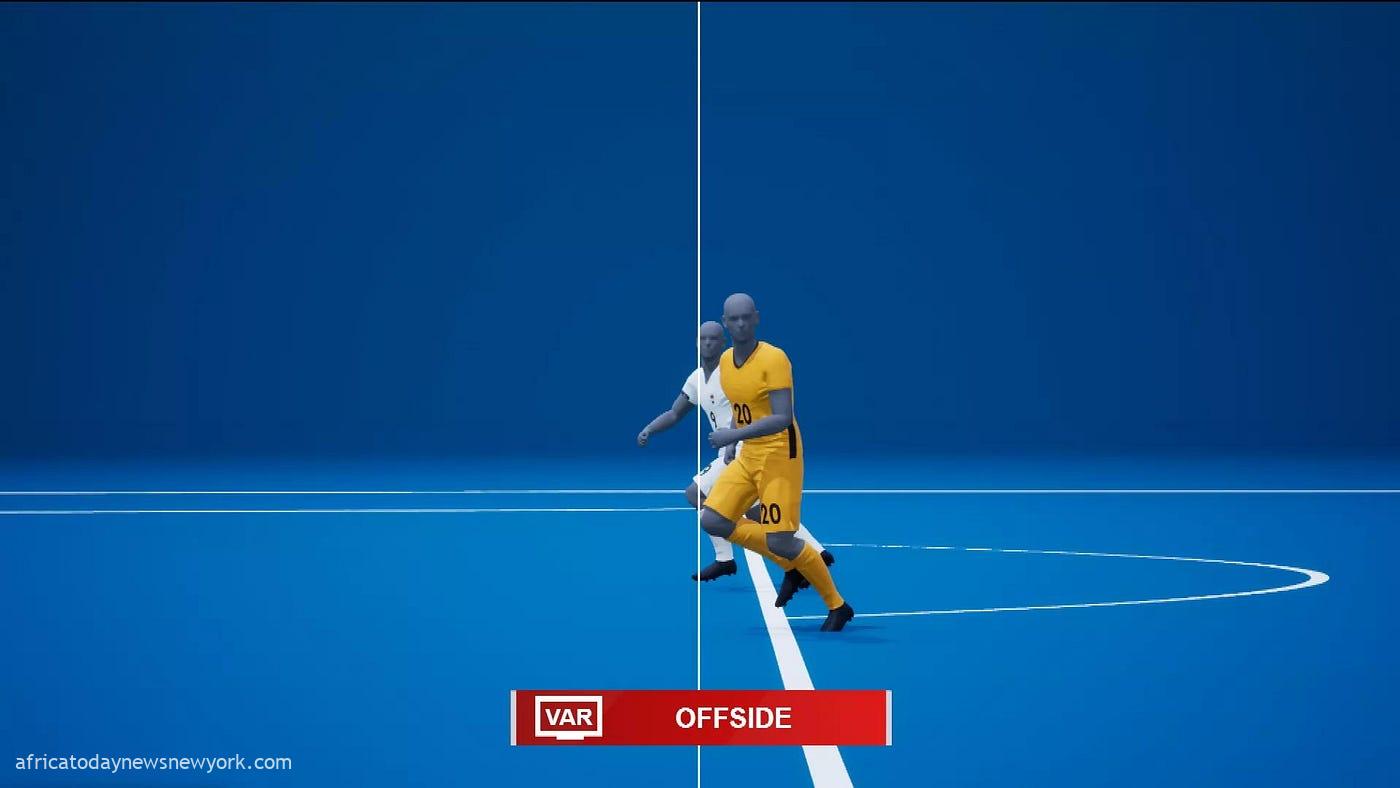Next season, the Premier League will adopt semi-automated offside technology, aiming to expedite VAR decisions and improve the efficiency of the review process.
At a shareholders’ conference on Thursday, leading clubs universally supported the implementation of the system, projecting a reduction of around 30 seconds in the average time taken for VAR reviews of offside situations.
“The technology will provide quicker and consistent placement of the virtual offside line, based on optical player tracking, and will produce high-quality broadcast graphics to ensure an enhanced in-stadium and broadcast experience for supporters,” a Premier League statement said.
FIFA, the governing body of football on a global scale, introduced semi-automated offside technology at the 2022 men’s World Cup in Qatar following extensive trials, which included testing at the Club World Cup.
The technology is also employed in the Champions League and Italy’s Serie A. However, referees will retain the responsibility of making judgments on subjective aspects, such as determining if a player in an offside position is impacting the game.
The Premier League has chosen to keep its technology partner for the project undisclosed, and it is understood that no official agreements have been signed as of yet.
Read also: Premier League Okays Ratcliffe’s Investment In Man Utd
The intention is to introduce the technology after one of the international breaks in September, October and November.
Premier League chief fears regulator could kill ‘golden goose’
Premier League chief executive Richard Masters has hit out at plans for an independent regulator of English football, saying it could damage the league’s competitive advantage over the rest of Europe.
The UK government has introduced a bill to enshrine it into law and could attempt to force the move through before a general election, expected later this year.
A regulator will have a raft of powers to ensure clubs are sustainably run and the ability to block teams from joining breakaway competitions such as the European Super League.
Premier League clubs enjoy the biggest broadcasting revenues in world football.
However, leading clubs have been in disagreement with the English Football League (EFL), which oversees the three lower divisions beneath the Premier League, regarding a new financial arrangement for the football pyramid.
A proposed contract totaling about £900 million ($1.1 billion) spanning six years for the lower leagues, linked to future TV income, has encountered delays for months due to disagreements among Premier League clubs.
Last month, teams in English football’s top-tier competition were cautioned by the government that if they failed to reach a funding agreement, one would be enforced upon them.
Still, Masters reiterated his concern that regulatory measures could undermine the Premier League’s position as the world’s premier league in terms of viewership.
“As chief executive of the Premier League, my overriding concern is that the bill would reduce our competitiveness and weaken the incredible appeal of the English game,” he wrote in The Times on Tuesday.
“It is a risk that regulation will undermine the Premier League’s global success, thereby wounding the goose that provides English football’s golden egg.
“It is a risk to regulate an industry that has worked so hard to lead the world, especially when none of its competitors are subject to the same regulation.”
Concerns expressed by Premier League clubs have been dismissed by those working on much smaller budgets in the lower leagues.
EFL chairman Rick Parry remarked that the divide was steadily widening between the Premier League and other European leagues. He expressed disbelief at the notion that the Premier League would face undue limitations or lose its competitiveness, stating that he couldn’t fathom how such an argument could gain any traction.

